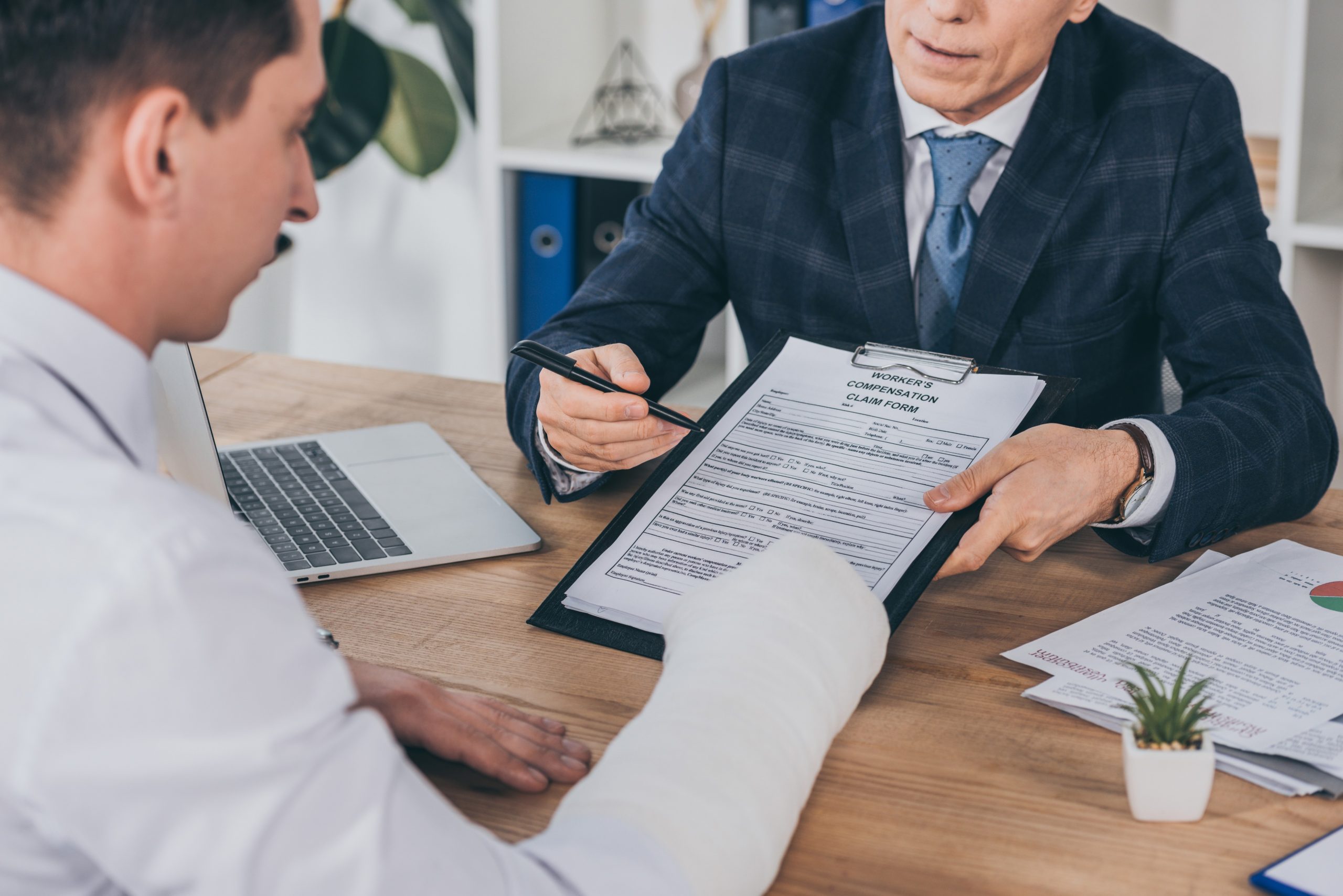Types of cases a Personal Injury Attorney can help you with When should you contact…
Tips for Maximizing Your Personal Injury Compensation – Guest Post

A personal injury refers to an injury that results from an accident and often comes with physical, mental, and emotional damage. The accident typically happens because of another person’s wrongful conduct or negligence.
Personal injuries are inconvenient. They can result in people losing their wages or livelihood, aside from limiting their capabilities to perform important daily tasks. Additionally, injured parties may need hospitalization, treatment, doctor’s or professional fee, therapy, and prescriptions, which means medical bills can be quite expensive. More than anything else, though, personal injuries may also cause emotional pain or trauma.
If you are suffering from a personal injury, getting a lawyer will help you get personal injury compensation. Also known as a personal injury claim, personal injury compensation is a claim that financially reimburses or refunds people or individuals who suffered an injury because of another person’s negligent conduct.
There are two kinds of personal injury compensation: compensatory damages, which intend to refund your expenses for the injury and are common and available for practically all cases; and punitive damages, which intend to punish the defendant, especially if he is responsible for malicious or intentional acts such as fraud.
To maximize your personal injury compensation, you have to know everything that you can about the claim, as it will help give you an idea of what’s happening and what can be done about your situation. Talking to a personal injury lawyer is a good start, but having an idea of what to do is also just as important.
How to Get the Best of Your Personal Injury Claim
1. Seek medical treatment right away.
Even if you do not feel anything or there is no visible injury after an accident, you must get medical treatment immediately. Aside from helping ensure that you do not have any serious physical concerns, going to the doctor right away will provide you with relevant information, such as a detailed report of your injuries. All records that the physician will give you may prove helpful when your lawyer starts working on the case.
You have to keep all the documents, including therapy recommendations and treatment programs, safe and secure. These records will help paint clear visual evidence of the injuries and damages.
2. Get in touch with your personal injury lawyer first before calling your insurance company.
Insurance companies are a big help, but you need to talk to your lawyer first before notifying your insurance agent if you want a fair assessment of the damages and the compensation that result from them. It’s also in your best interest that the two parties coordinated with each other. 3
3. Keep a record of everything.
The more evidence you gather, the stronger your case will be. You should start documenting as soon as you can. Aside from your injuries and damages, you must take photos of the location and its surroundings, including the properties around the area.
Also, get in touch with the police right away. You have to provide authorities with the complete particulars of the accident. It is likewise vital to collect the other party’s information, specifically insurance and contact details.
4. Make a complete evaluation of your damages.
One of your lawyer’s priorities should be to examine all possible injuries or damages. A proper and complete evaluation is essential in determining the compensation or payout that you deserve.
5. Build your case slowly but surely and don’t take too much time to file.
Work closely with your lawyer and take time to build your case. You have to prepare all the records and documents carefully, and your attorney must have enough time to coordinate with the doctor who took care of you. It is also essential to talk to witnesses who can help strengthen your case.
However, it is also vital to take too much time to file your case. You have to keep in mind that there is a statute of limitations and that it has an expiration date. You need to file your claim right away so that you’ll have enough time to collect evidence and do everything necessary to get compensation for your injuries and damages.
6. Refrain from posting on social media.
Social media is powerful, and the effects are immediate. You may want to take advantage of this by posting details about your case, but it would be wrong to do so. By law, you are not allowed to divulge any aspect of your personal injury compensation claim until it is resolved or you reach a settlement with the other party.
If you follow the tips above and work closely with an experienced personal injury lawyer, getting the most of your personal injury compensation will be easy.
About the Author
Andrea Williams is the Community Manager at The Law Offices of Alcock & Associates P.C., a premier law group in Arizona that provides legal services to clients involved in Personal Injury, DUI, Immigration and Criminal cases. She enjoys cooking, reading books and playing minigolf with her friends and family in her spare time.

